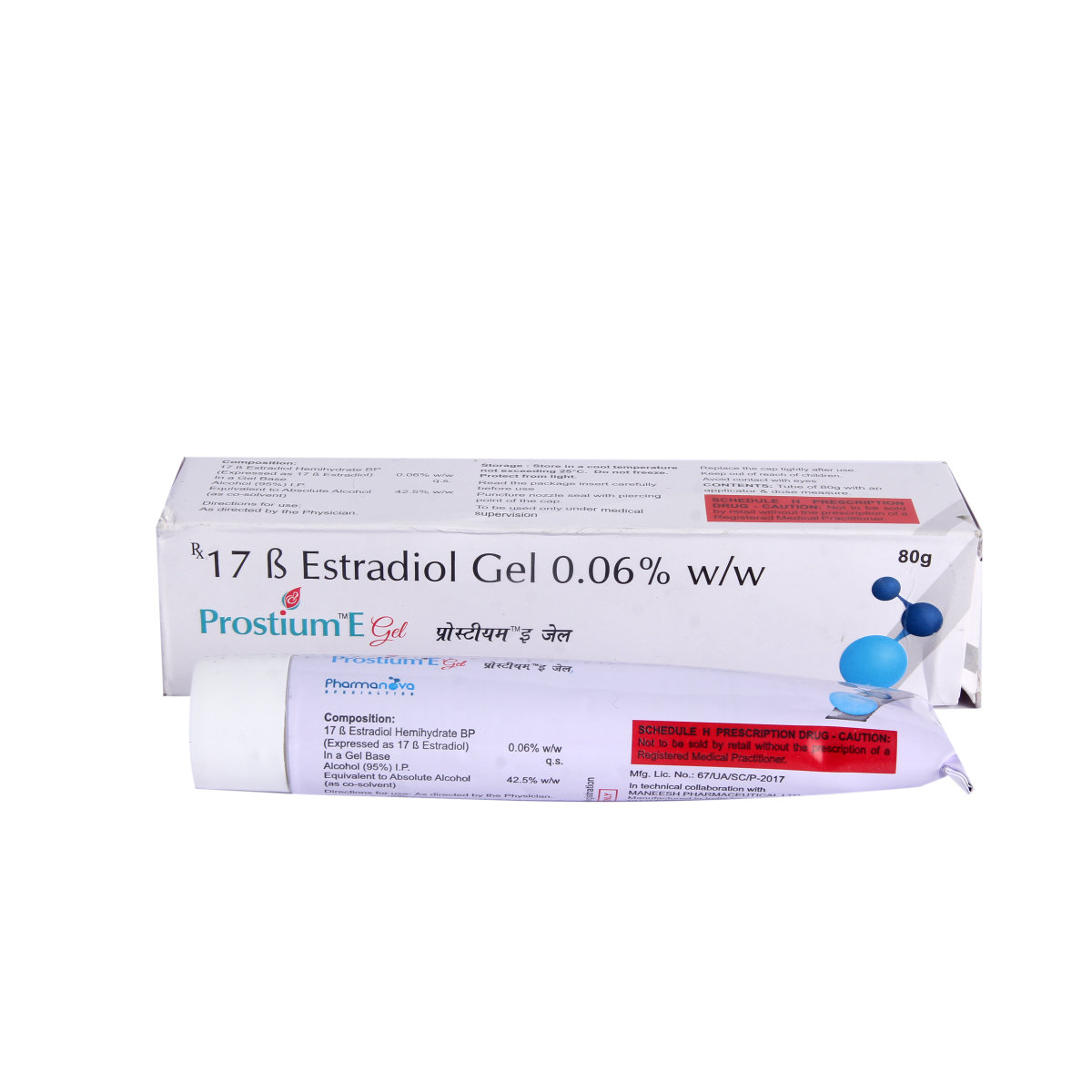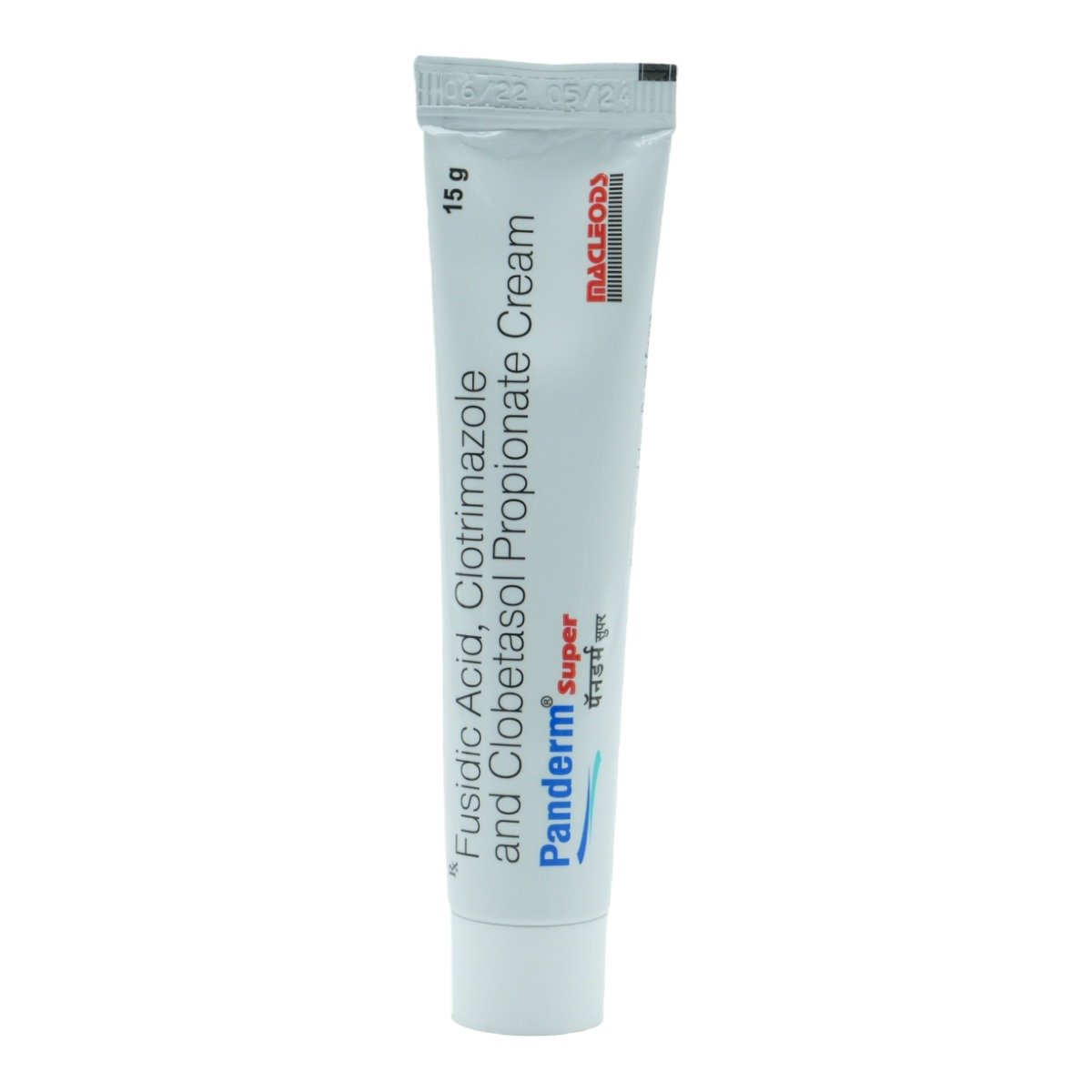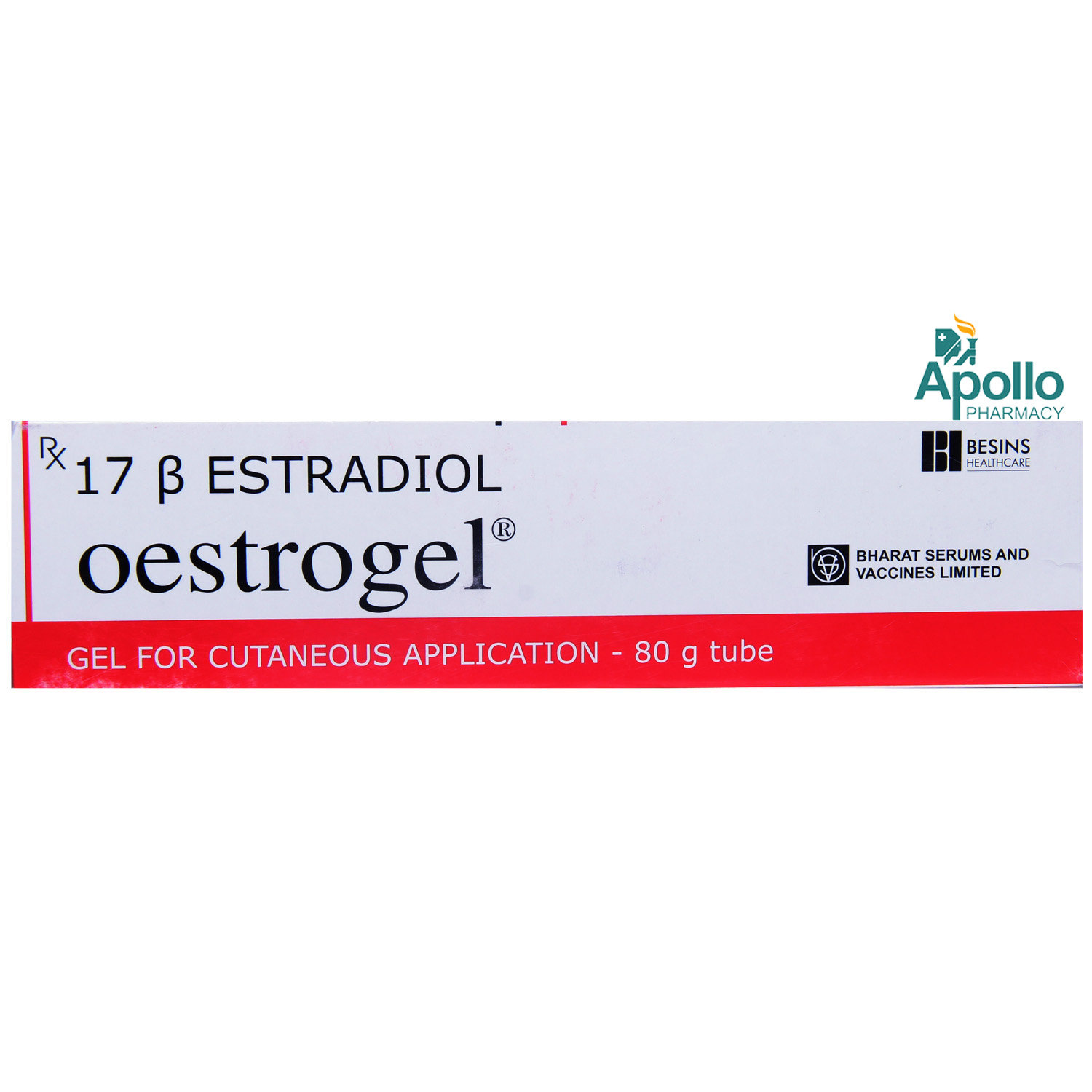- Home
- Health Condition
Medicine For Vaginal Itching
Medicine For Vaginal Itching
- Total Items (13)
 RX
RXEstogel Gel 80 gm
₹1213.50
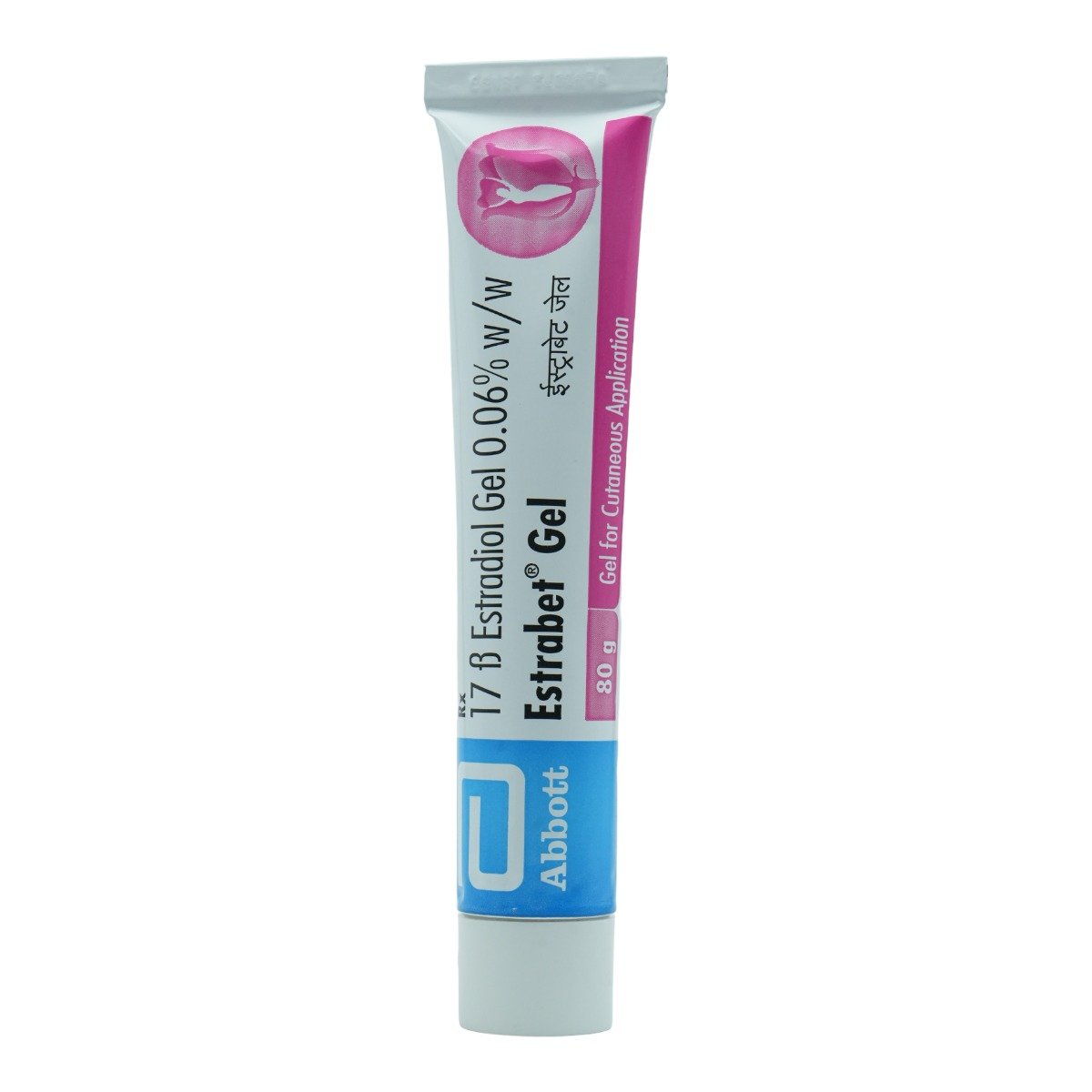 RX
RXEstrabet Gel 80 gm
₹1096
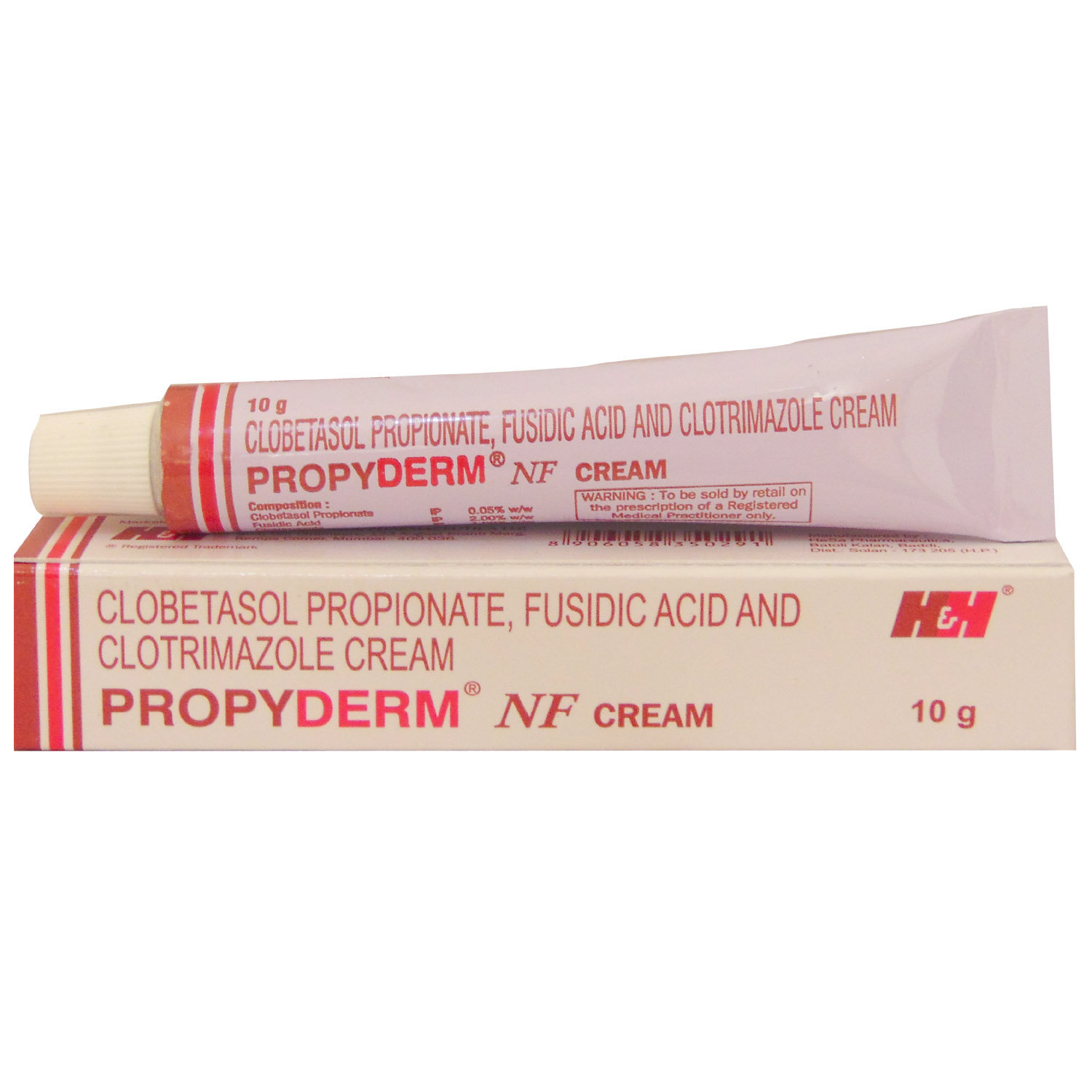 RX
RXPropyderm NF Cream 10 gm
₹186.50
 RX
RXBetapic-GM Cream 15 gm
₹61.50
Medicines for Vaginal Itching
Vaginal itching is a frequent and often distressing condition experienced by many women. Itching in the vaginal area can arise due to several factors, including infections, allergies, irritants, and hormonal changes. While the condition may not always signal a serious problem, it can cause discomfort, frustration, and embarrassment. The good news is that various medicines are available to treat the underlying causes of vaginal itching and provide much-needed relief.
Types of Medicines Used for Vaginal Itching
Different types of medicines are designed to treat vaginal itching based on its cause. The main culprits behind vaginal itching include infections (fungal or bacterial), allergic reactions, irritants, or even hormonal imbalances. The following categories of medications are commonly used to treat the condition:
1.Antifungal Medications
- Uses: One of the most common causes of vaginal itching is a yeast infection, which is caused by an overgrowth of the fungus Candida. Antifungal treatments target and eliminate this fungus, providing relief from itching.
- Examples: Popular antifungal medications include over-the-counter creams or suppositories like clotrimazole, miconazole, and oral tablets such as fluconazole. These medicines are typically available without a prescription and offer quick relief from itching caused by yeast infections.
2.Antibiotics
- Uses: Vaginal itching caused by bacterial infections, such as bacterial vaginosis, can be treated with antibiotics. These medications target and eliminate the harmful bacteria responsible for the infection.
- Examples: Metronidazole and clindamycin are the most commonly prescribed antibiotics for bacterial vaginosis. They may be available as oral pills or topical creams.
3.Corticosteroids
- Uses: For those who experience vaginal itching due to allergic reactions or inflammatory conditions, corticosteroid creams can help reduce inflammation and soothe the area. These medications are effective for treating itching caused by irritants or allergic reactions.
- Examples: Hydrocortisone cream is often used to reduce inflammation and provide relief from itching.
4.Topical Anaesthetics
- Uses: Topical anaesthetics temporarily numb the vaginal area, providing quick relief from severe itching. These medications help reduce the sensation of discomfort while waiting for the underlying cause to be treated.
- Examples: Benzocaine or lidocaine creams are commonly used to numb the vaginal area and reduce intense itching.
5.Hormonal Treatments
- Uses: Hormonal changes, particularly during menopause or pregnancy, can lead to vaginal dryness and itching. Hormonal treatments, such as estrogen, can help restore the natural moisture balance in the vaginal area.
- Examples: Estrogen creams or tablets are often recommended for women experiencing vaginal dryness and itching due to hormonal imbalances.
6.Moisturizers and Lubricants
- Uses: Vaginal dryness is a common reason for itching. Using products like moisturizers or lubricants can help reduce the discomfort caused by dryness, giving relief and improving vaginal health.
- Examples: Over-the-counter products like Replens (vaginal moisturizers) or K-Y Jelly (lubricants) can help stop dryness and prevent irritation.
Benefits of Using Medicines for Vaginal Itching
Using the right medicine for vaginal itching has several benefits, depending on what’s causing it:
- Quick Relief: Many medicines, especially antifungals and antibiotics, work fast to stop the itching and discomfort.
- Treats the Cause: Whether the itching is caused by a yeast infection, bacterial infection, or hormonal changes, the right medicine treats the problem at its source and helps stop it from coming back.
- Better Vaginal Health: Treating the cause of the itching helps restore the natural balance in the vagina, reducing the chance of future infections or irritation.
Dosage & Usage Instructions of Vaginal Itching Medicines
To ensure the effectiveness of vaginal itching treatments, it’s crucial to follow the correct dosage and usage instructions. Below are some general guidelines for using these medications:
- Antifungal Treatments: Topical antifungals are usually applied for 3 to 7 days, depending on the severity of the infection. Oral medications like fluconazole may be taken as a single dose. Always complete the full course of treatment, even if symptoms improve before finishing the medication.
- Antibiotics: For bacterial infections, antibiotics like metronidazole are usually prescribed for a 7-day course. It’s important to follow the full dosage instructions and avoid alcohol consumption while on these medications.
- Corticosteroids: Hydrocortisone cream should be applied in a thin layer to the affected area, typically once or twice a day. Do not use it for extended periods unless advised by a healthcare provider.
- Topical Anaesthetics: Anaesthetic creams like benzocaine or lidocaine can be applied directly to the affected area as needed. These are intended for short-term use and should not be used for long periods.
- Hormonal Treatments: Hormonal treatments, such as estrogen creams, should be applied as per the doctor’s instructions, typically for short-term relief of vaginal dryness.
Buy Medicines for Vaginal Itching or Vaginal Itching Medicines Online at Apollo 24|7
If you're looking to buy medicine for vaginal itching, shopping online is a convenient option. Websites like Apollo 24|7 offer a variety of products, including antifungals, antibiotics, hormonal treatments, and moisturisers. You can easily browse through the options, pick the right medicine for your needs, and have it delivered directly to your door in a discreet package. Buying online also gives you the benefit of expert advice to help you choose the best treatment for your symptoms. Visit Apollo 24|7 today to check out different medicines for vaginal itching and get professional help in picking the right one.
Frequently asked questions
Vaginal itching can happen for many reasons, including yeast infections, bacterial infections, allergies, irritants from hygiene products, and hormonal changes. Identifying the cause is important to pick the right treatment.
Common signs of a yeast infection include itching, thick white discharge, and redness or swelling around the vaginal area. If you think you have a yeast infection, it’s a good idea to see a doctor for confirmation.
Yes, over-the-counter antifungal creams and suppositories are usually safe for treating vaginal itching caused by yeast infections. However, if the itching doesn’t go away or gets worse, it’s best to consult a doctor.
The time it takes for treatment to provide relief depends on the cause of the itching. Antifungal treatments typically relieve symptoms within a few days, while antibiotics for bacterial infections may take up to a week.
Some medications may cause mild side effects, such as irritation or allergic reactions. If you experience any unusual symptoms, consult your healthcare provider immediately to adjust your treatment plan

